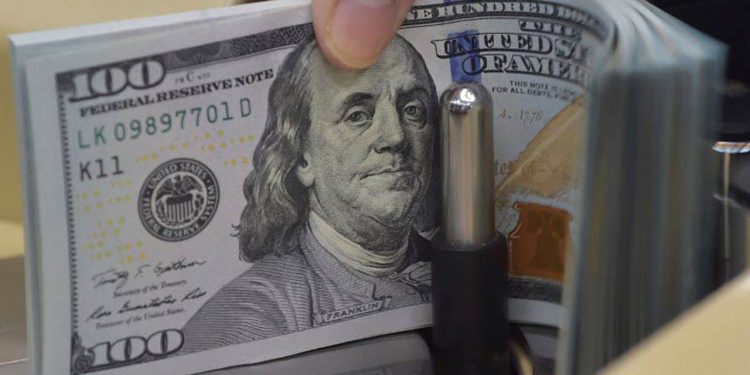The federal, state, and local governments in Nigeria collectively gained an additional N2.74 trillion in revenue from exchange rate fluctuations in the first half of 2024, according to recent data from the Federation Account Allocation Committee (FAAC), as reported by the National Bureau of Statistics (NBS).
This significant increase marks a 1,494% rise from the N171.91 billion recorded in the same period last year. The surge in exchange gains is largely attributed to the unification of Nigeria’s exchange rates and the devaluation of the naira, which have substantially increased the government’s revenue in naira terms.
Impact of Exchange Rate Depreciation
The devaluation of the naira has become a major source of revenue growth, contributing 22% of the total N12.45 trillion revenue generated during this period. However, while the revenue has increased, the government is also expected to face higher governance costs amid rising inflation and the weakening of purchasing power. As a response to inflationary pressures, the government has agreed to raise the minimum wage from N30,000 to N70,000 per month.
Distribution of Exchange Gains
The revenue from exchange gains was distributed among the federal, state, and local governments, as well as the 13% Derivation Fund for oil-producing states, according to the existing revenue-sharing formula approved by the Revenue Mobilization Allocation and Fiscal Commission (RMAFC). After statutory deductions, the Federal Government received 52.68% of the exchange gains, the State Governments got 26.72%, and Local Government Councils received 20.60%.
Out of the Federal Government’s 52.68% share, specific allocations were made to address ecological problems, fund the Federal Capital Territory (FCT), and develop natural resources. The remaining 48.5% was allocated to federal coffers, amounting to N1.12 trillion, or 41% of the total exchange gains for the period.
State Governments collectively received N567.08 billion, while Local Government Councils were allocated N437.20 billion. The 13% Derivation Fund, aimed at supporting oil-producing states, received N283.77 billion.
Strategic Transfers and Monthly Breakdown
Strategic transfers were also made to the non-oil Excess Crude Account, with N330 billion allocated over three months—February, March, and June. March recorded the highest exchange gain in a single month, with N657.44 billion, driven by significant naira depreciation and increased foreign exchange inflows.
Continued Exchange Rate Volatility
Following the Central Bank of Nigeria’s (CBN) decision to float the naira at the Investors and Exporters (I&E) forex window, now known as the Nigerian Autonomous Foreign Exchange Market (NAFEM), the exchange rate has experienced significant fluctuations. By the end of June 2024, the naira hovered between N1,560/$1 and N1,600/$1, reflecting ongoing economic challenges and policy impacts.
The N2.74 trillion boost from exchange rate differences underscores the profound effect of currency depreciation on government revenues, even as it presents challenges for economic stability and governance costs.
Looking Ahead
As Nigeria continues to navigate exchange rate volatility, the government’s ability to manage these fluctuations and their impact on the broader economy will be critical in the coming months. The increased revenue from exchange gains offers some fiscal relief, but the underlying economic challenges remain significant.










